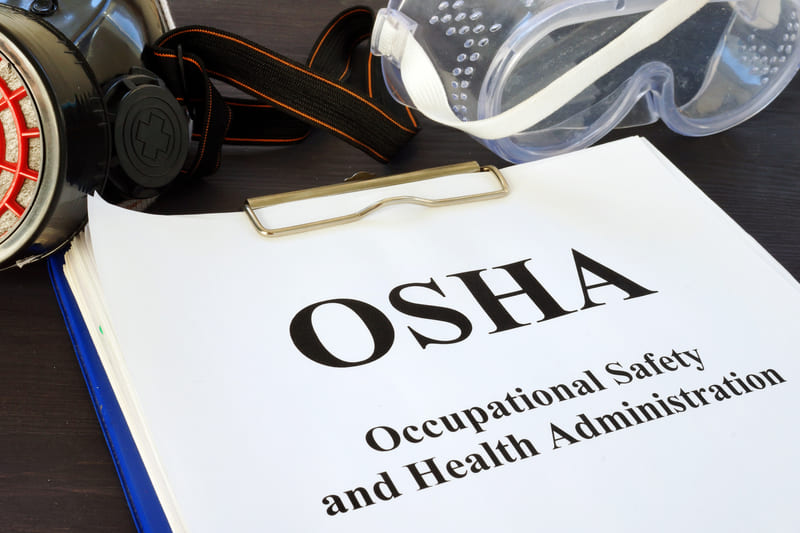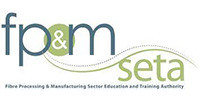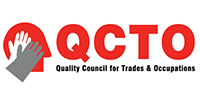Safety officers play a vital role in ensuring the safety of employees and the company’s compliance with local safety regulations. There are a multitude of misconceptions about the safety officer course that often deter individuals from following this career path. Safety officers are in high demand and these misconceptions may be preventing people from finding a fulfilling career in occupational health and safety. In this article we aim to address many of the largest misconceptions concerning the safety officer course, and provide you with the correct information, so that you can make a more educated decision.
Safety Officers Are Only Needed In Industrial Settings
Although those have completed a safety officer course are certainly prevalent in the industrial sector, this does not mean that it is the only occupation where the safety office course can be applicable. In fact, safety officers are needed in multiple different industries. The skillset acquired from a safety officer course can be applied to a diverse range of sectors that may appeal to prospective students that would otherwise not be interested in the field of occupational safety. Examples of alternative sectors where safety officers are required include but are not limited to:
- Hospitality and Event Organisation: Safety officers in this industry would be responsible for emergency response plans, crowd control and ensuring the physical safety of patrons and employees alike.
- Healthcare: In the healthcare sector, safety officers would be tasked with overseeing infection control protocols and workplace safety, amongst other things.
Safety Officer Courses Offer Limited Career Opportunities
Safety officers are needed in a wide range of industries that offer exciting opportunities for career growth. After gaining adequate work experience in the role of a safety officer, one may be able to move into various other roles that include safety management, environmental health, and consulting. But it all begins by taking an EMCARE safety officer course.

Technological Advancements Are Making Safety Officers Redundant
Technology can assist with safety practices but still we are not at a point yet where safety can be conducted automatically. We still need safety officers who have been adequately trained through a safety officer course. A good safety officer will make use of technological advancements to assist them in performing their jobs better than before. Furthermore, safety data generated by technology still needs to be interpreted and then utilised to implement better safety protocols.
Only Physical Safety Is The Responsibility of Safety Officers
Our safety officer course at EMCARE takes a holistic approach to the role of a safety officer. Mental and emotional wellbeing is becoming ever more pertinent in the workplace. Organisations are placing an increased focus on employee’s stress levels and mental health, which is becoming the responsibility of the designated safety officer.
Safety Officers Are Just Rule Enforcers
Whilst it is true that safety officers do enforce safety rules, that is only a small portion of their role. Once equipped with a safety officer course, you will find that your task portfolio includes many important tasks like pro-actively identify risks and develop strategies in order to mitigate these risks. The ability to identify these risks and develop the necessary safety strategies requires an in depth understanding of safety principles applicable to the relevant industry.
The Safety Officer Course Is Easy
These courses cover a comprehensive range of topics in great detail. The safety officer course, although only being two weeks long are not just attendance based but will require a level of dedication from the student in order for them to attain a level of competence that will ensure they pass the mandatory tests. It is essential that accredited safety officers understand the applicable laws and regulations as well as the practical application thereof. EMCARE is dedicated to ensuring that our graduates are competent and confident to be able to take on this responsibility.
Safety Officer Courses Are Expensive
The EMCARE safety officer course is surprisingly affordable. These courses are typically more accessible to the majority of people than a university degree would be. There are also many opportunities for candidates to be sponsored by the company that they are employed by.
Safety Officers Do Not Require Relevant Qualifications
The safety officer course requires that you meet the education and training standards to be appointed as a safety officer. As a safety officer, one of your main duties will be to ensure that the company is compliant with the regulations set out in the Occupational Health and Safety Act. These regulations are regularly updated. You will need to attend regular courses or workshops that are offered to safety officers in order to keep abreast of the changes in regulations. Safety officers are also required to hold a formal qualification in their chosen industry.
Depending on the industry, the safety officer may also be required to register with industry specific organisation.
Safety Officers Have Limited Influence
Safety officers have significant influence within their respective companies especially when it comes to safety strategies and other safety protocols. Safety officers are responsible for the creation and implementation of policies that govern a significant portion of the operation of a company. After successfully completing a safety officer course and being appointed as a safety officer, you will also be responsible for the investigation into and remediation of any incidents or policy violations that fall under your watch.

The Reality of Safety Officers
Embarking on the path to become a safety officer is not a choice that should be taken lightly. Whilst there is significant potential for career growth as a safety officer, you will be taking on an immense amount of responsibility and liability on. You will need to be qualified in your chosen industry and gain experience in that industry before going on to do a safety officer course. Once you have successfully completed your course, you will then be required to register with the relevant registration bodies before applying to become a safety officer with a business.
This process takes a considerable amount of time to get to the point where you can be appointed as a safety officer. This process ensures that all safety officers are competent enough to be trusted to ensure the safety of others and the compliance of the company. EMCARE provides students with training that equips them to enter the industry with all the relevant skills and knowledge required of a competent safety officer. It is a challenging yet rewarding industry that is continuously growing and providing you with the opportunity for growth and development.















